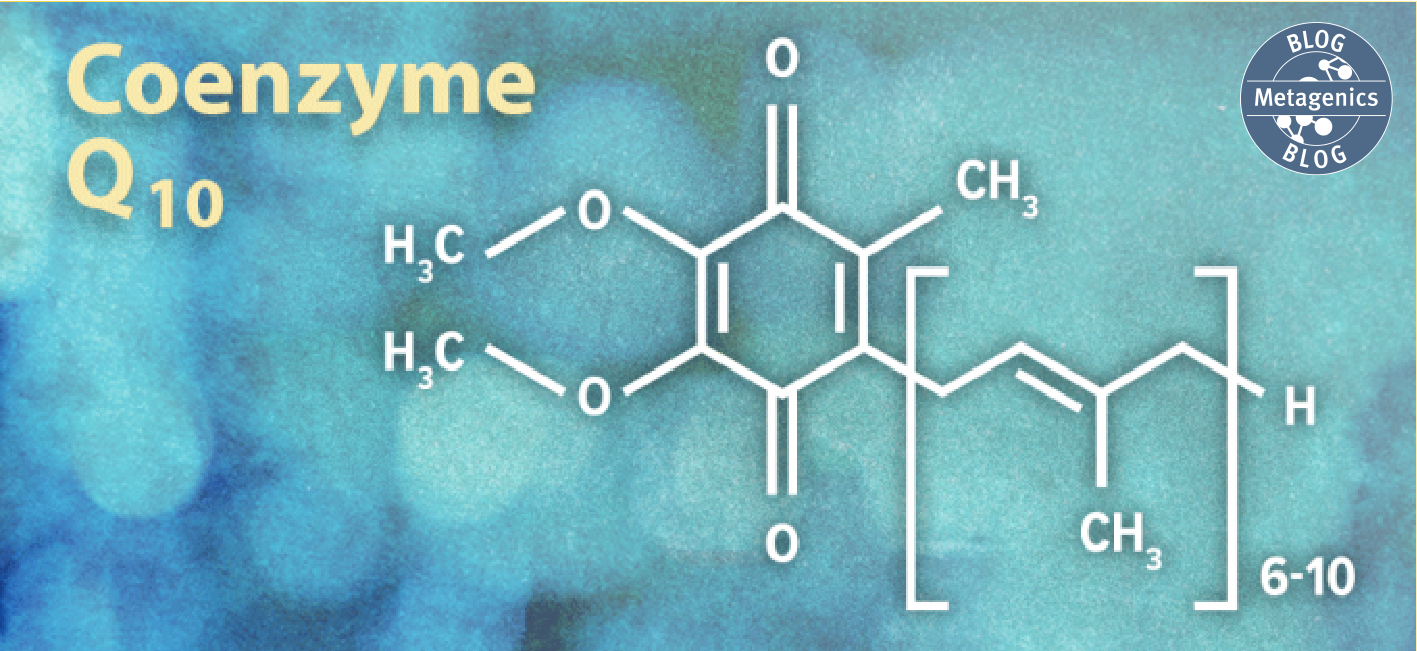|
An antioxidant introduction
In the world of antioxidants, coenzyme Q10, otherwise known as CoQ10, stands out as a key player in optimizing human health. It’s one of the most significant lipid antioxidants that helps prevent free radical generation and subsequent modification of proteins, lipids, and DNA.1 Naturally produced in the body,2CoQ10 is a fat-soluble enzyme,1 and the highest levels in humans are found in the heart, liver, kidneys, and pancreas.3 The history of CoQ10 CoQ10, a type of the coenzyme Q group, was first identified in 1940 and known under various names such as ubidecarenone, ubiquinone, ubiquinol, and vitamin Q10. In 1957, CoQ10 was isolated from mitochondria of the beef heart. Although there are several types of coenzyme Q, the most common type of coenzyme Q in human mitochondria is CoQ10. CoQ10 is also found in meat and fatty fish and in smaller quantities within whole grains, nuts, and vegetables.1 The basics CoQ10 plays a significant role in mitochondrial oxidative phosphorylation and is critical for the production of adenosine triphosphate (ATP), which is necessary for energy transport throughout the body as well as supporting the cardiovascular system overall. 1,2 While the body naturally produces CoQ10, this ability to make CoQ10 peaks around 20 years of age and decreases with age.1 Some studies suggest certain health conditions may reduce CoQ10 levels in the body.1,4 CoQ10 applications CoQ10 has many well-researched benefits and plays an important role in many body functions:1
Use of CoQ10 should be taken with the knowledge and guidance of a healthcare practitioner to avoid any potential adverse interactions with existing medications. References: 1. Saini R. J Pharm Bioallied Sci. 2011;3(3):466–467. 2. Coenzyme Q10. Linus Pauling Institute: Micronutrient Information Center. Available at: https://lpi.oregonstate.edu/mic/dietary-factors/coenzyme-Q10. Accessed April 5, 2019. 3. National Center for Complementary and Integrative Health. https://nccih.nih.gov/health/coq10. Accessed April 25, 2019. 4. Garrido-Maraver J et al. Front Biosci (Landmark Ed). 2014;19:619-633. Submitted by the Metagenics Marketing Team
0 Comments
Leave a Reply. |
Categories
All
Archives
April 2024
|
|
Join Our Community
|
|
Amipro Disclaimer:
Certain persons, considered experts, may disagree with one or more of the foregoing statements, but the same are deemed, nevertheless, to be based on sound and reliable authority. No such statements shall be construed as a claim or representation as to Metagenics products, that they are offered for the diagnosis, cure, mitigation, treatment or prevention of any disease. |



 RSS Feed
RSS Feed